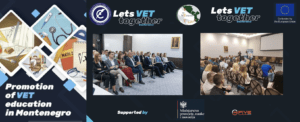

Lets VET together
Lets VET together May 28, 2024| Podgorica, Montenegro The “Let’s VET Together” Conference was held on May 28, 2024, at the Hilton Hotel in Podgorica,
In order to better prepare for the announced Soft Skills training, trainers from the Netherlands, Monique Hanekamp and Peter van Engen visited the “Vaso Aligrudić” school for two days on 26. and 27. 9. 2022.
After several online meetings, the trainers and school coordinator and project manager Marina Braletić and Danka Markuš agreed on the details and agenda of the visit.
On the first day, in addition to getting to know the school administration, through a one-hour presentation they heard all the necessary information about the educational system of Montenegro, not only about the educational programs that are implemented in secondary vocational schools, but also about the way they are created and implemented, formal and informal education, differences between diplomas and certificates, obligations of all parties involved in the education system, etc. Then they spent a little over three hours visiting the vocational and general education classes. They had the opportunity to see how the teachers of the School of Electrical Engineering conduct their lessons, what methods they use in teaching, but also talk to the students in order to gather as much information as possible.
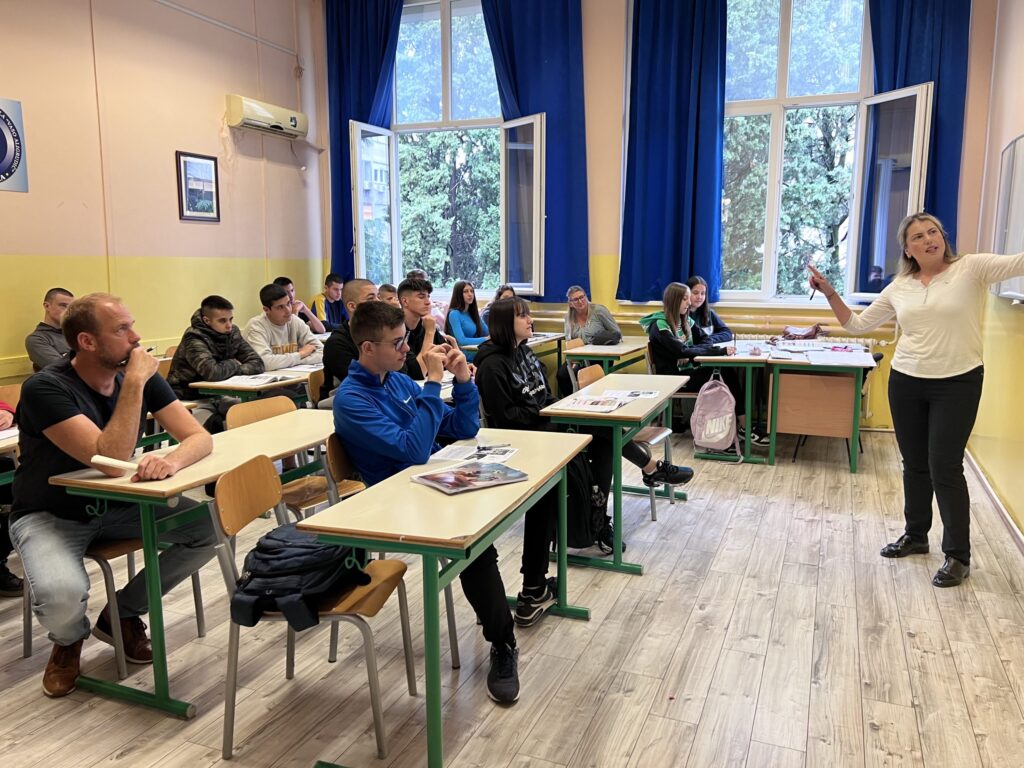
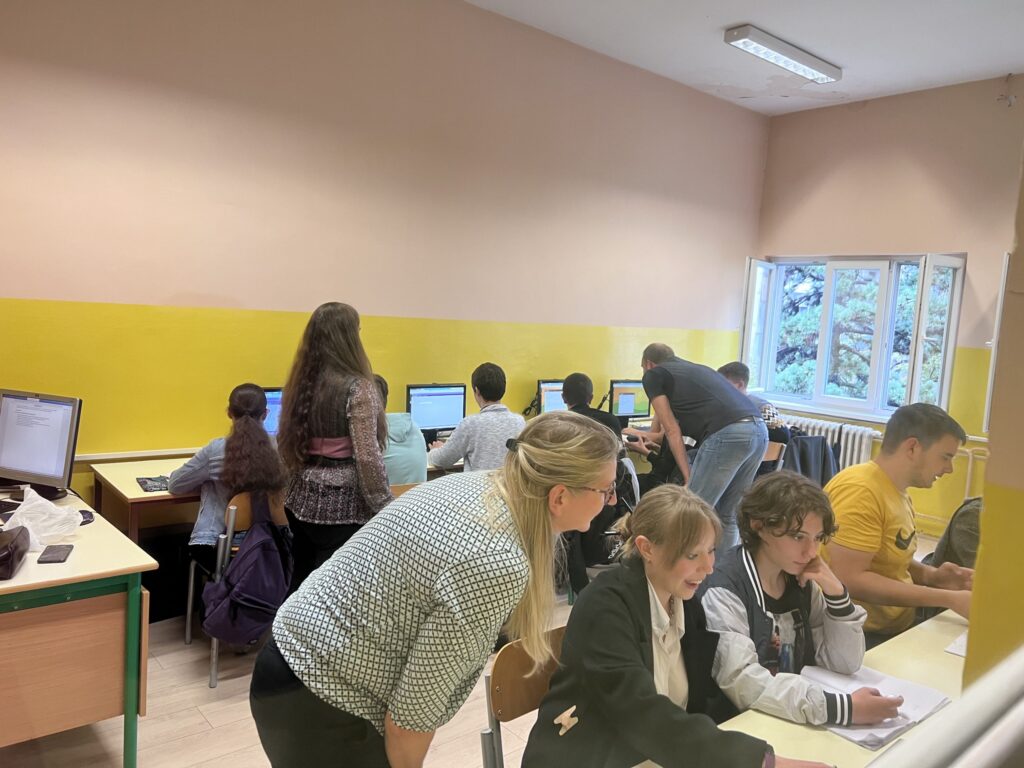

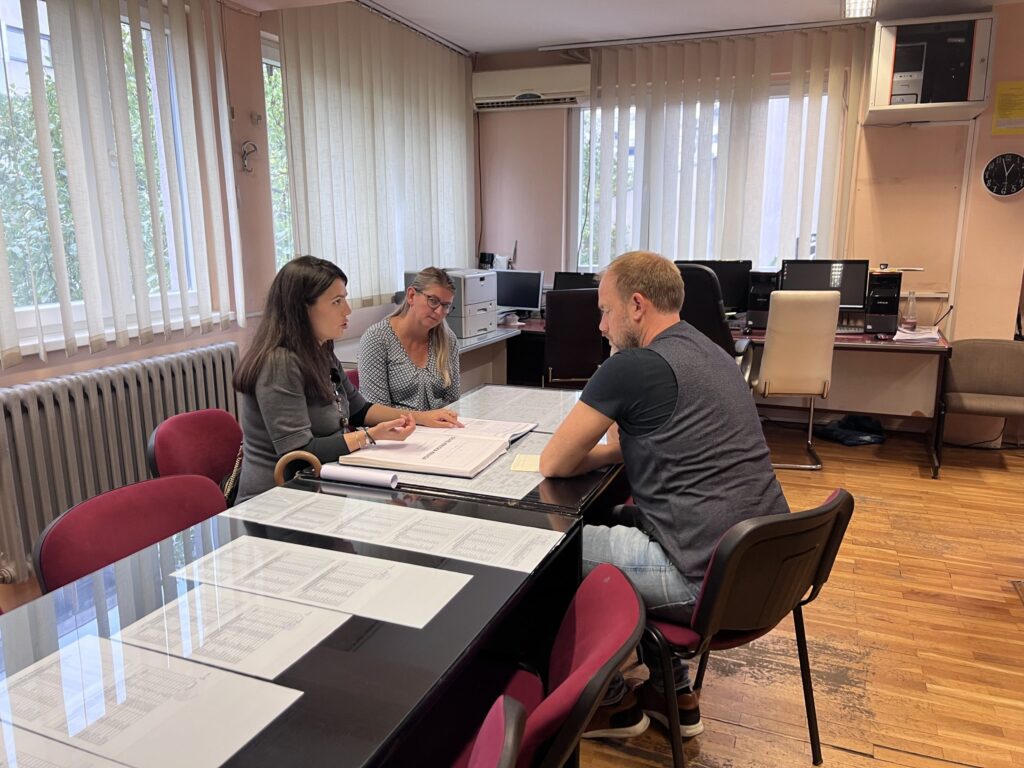

At the end of the day, they summarized their impressions with the school coordinator and project manager and agreed on a few details for the next day.
The second day started with a meeting with the school pedagogue. In addition to a short presentation, she explained to them in detail what her obligations are and how she fulfills them. They received all the necessary material and answers to all questions. They saw how much administration is filled by teachers and pedagogue. Together with the school coordinator and the project manager, they came to the conclusion that the presence of the school pedagogue in the training would be of great benefit.
As previously agreed at the project management level, the participants of this training will receive certificates.


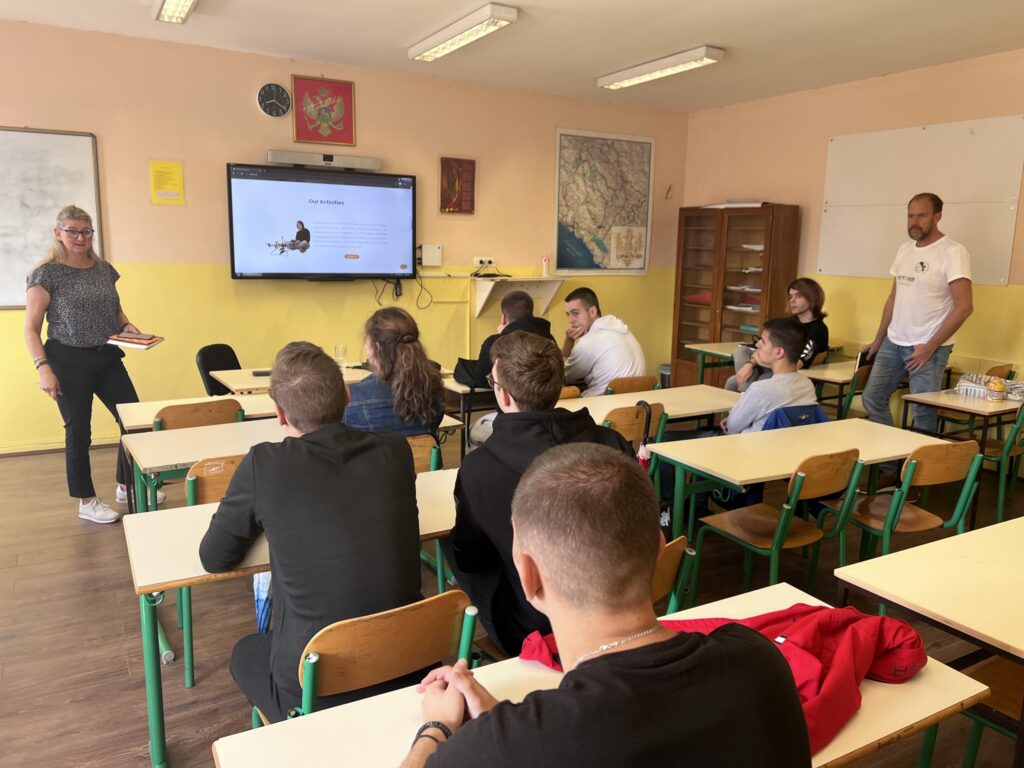

After the students, they met 12 teachers who will actually attend the mentioned training. By agreement, the pedagogue joined them. At this meeting, in addition to a brief introduction of themselves, the teachers presented not only their expectations from the training, but also the problems they face during the implementation of teaching, as well as the positive aspects of their profession. This meeting was of great importance for the trainers to prepare for the training. The main conclusion of the meeting is that all participants are looking forward to the training with great enthusiasm.


After all the meetings held, the trainers discussed all the impressions of the visit with the school coordinator and the project manager and together they agreed on topics that should not be missed during the training and other details related to the organization.
As one of the most important goals of the training is the direct implementation of everything learned, but also the spread of knowledge to other colleagues, it was agreed that at the end of the training, all teachers will be given the task of providing evidence of the implementation of the learned skills in a certain period of time, and after that, with the support of the pedagogue , transfer knowledge to other colleagues about everything learned. Upon completion of the task, they will be presented with certificates of completed training.
Discussions were initiated with the VET Center about the recognition of certificates through the Catalog for Teacher Training approved by the National Board of Education, in order to extend the teachers license.
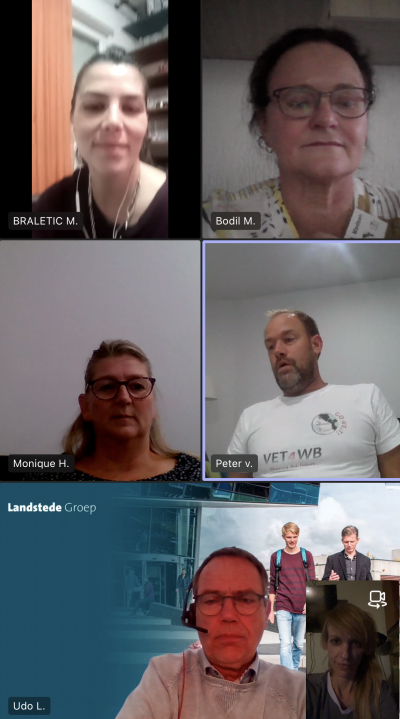

The second day ended with an online meeting of the trainers, school coordinator, project manager, Advisor for international affairs from Landstede Udo Lut and the main project coordinator Bodil Mygid Madsen from the SOSU center from Denmark.
Bodil and Udo received all the information about the visit and the dates of the training were agreed – from October 24. to 28.
The general conclusion is that this visit was of great importance for the best possible preparation of the training organization both for partners from the Netherlands and for partners from Montenegro.
Due to the school excursion with the graduating students, during the two days of the visit, the school director Ersan Spahić was absent, but because their flight was at the afternoon, the trainers managed to meet the director on the third day. At the meeting, they discussed very important topics such as the director’s expectations not only from the training itself but also from the implementation of the acquired knowledge that should follow after the training. His main expectation from the training is to spread the acquired knowledge to as many teachers as possible, and the main expectation of the project itself is to be the initiator for many similar projects in the coming years.
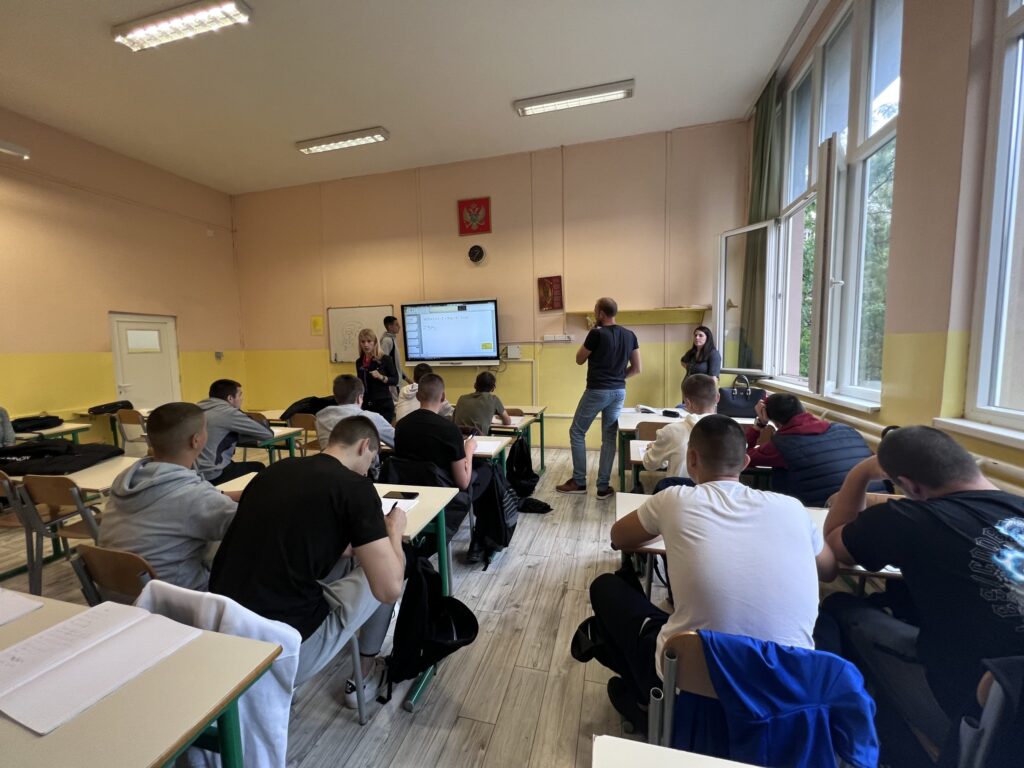



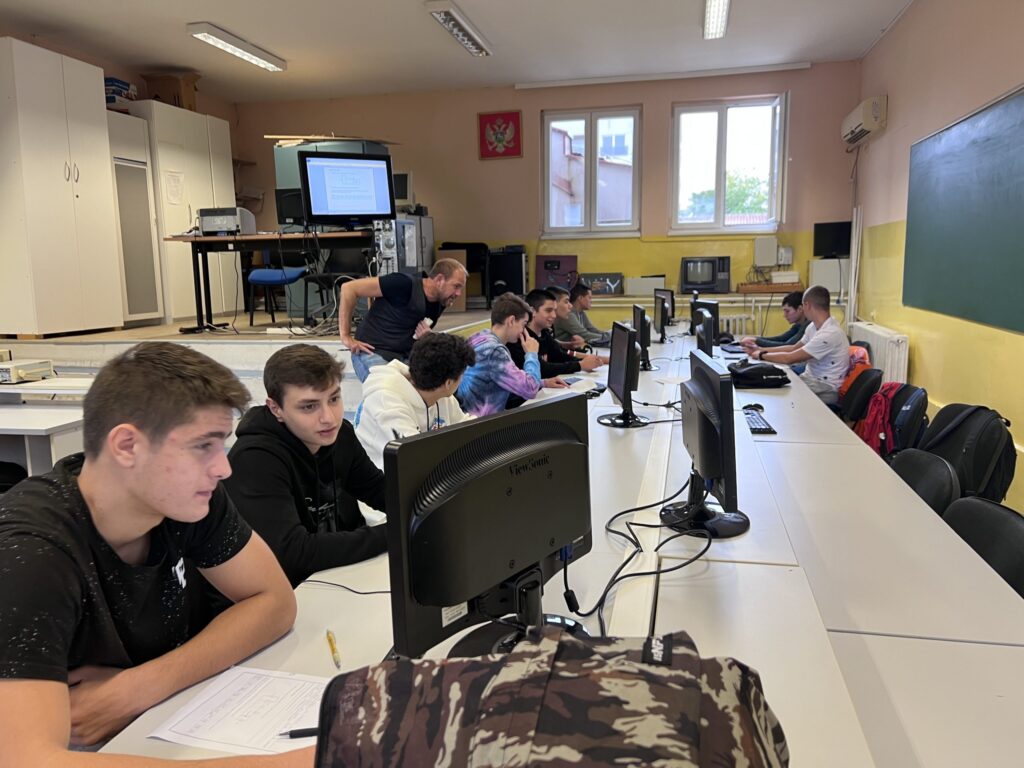

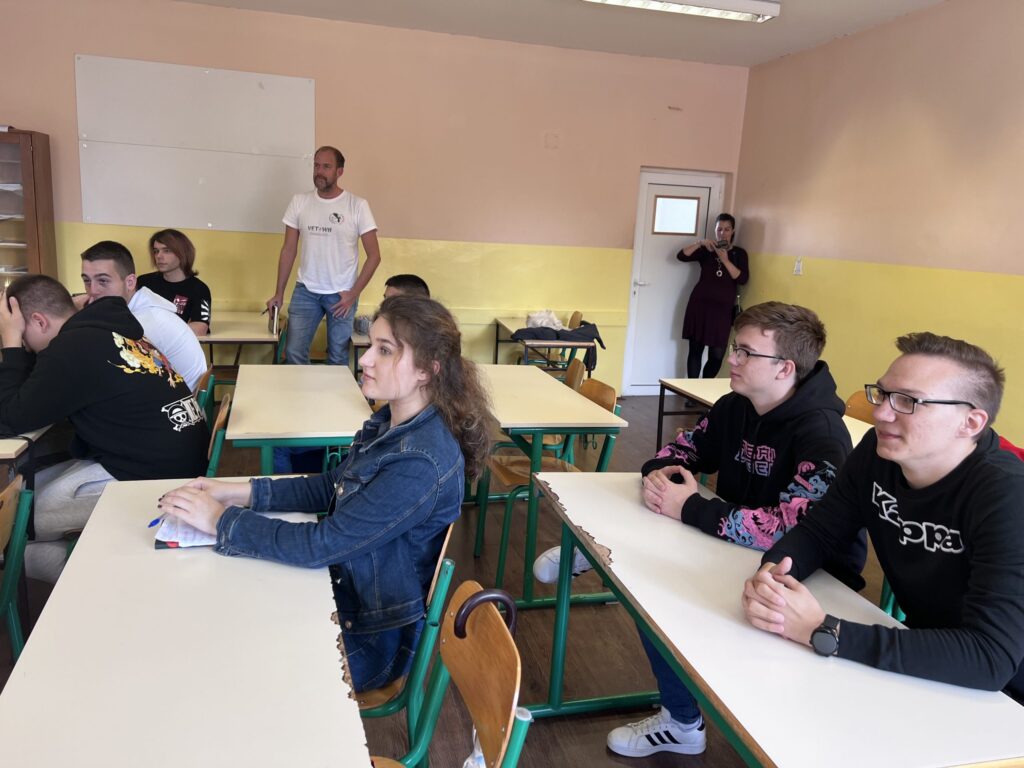

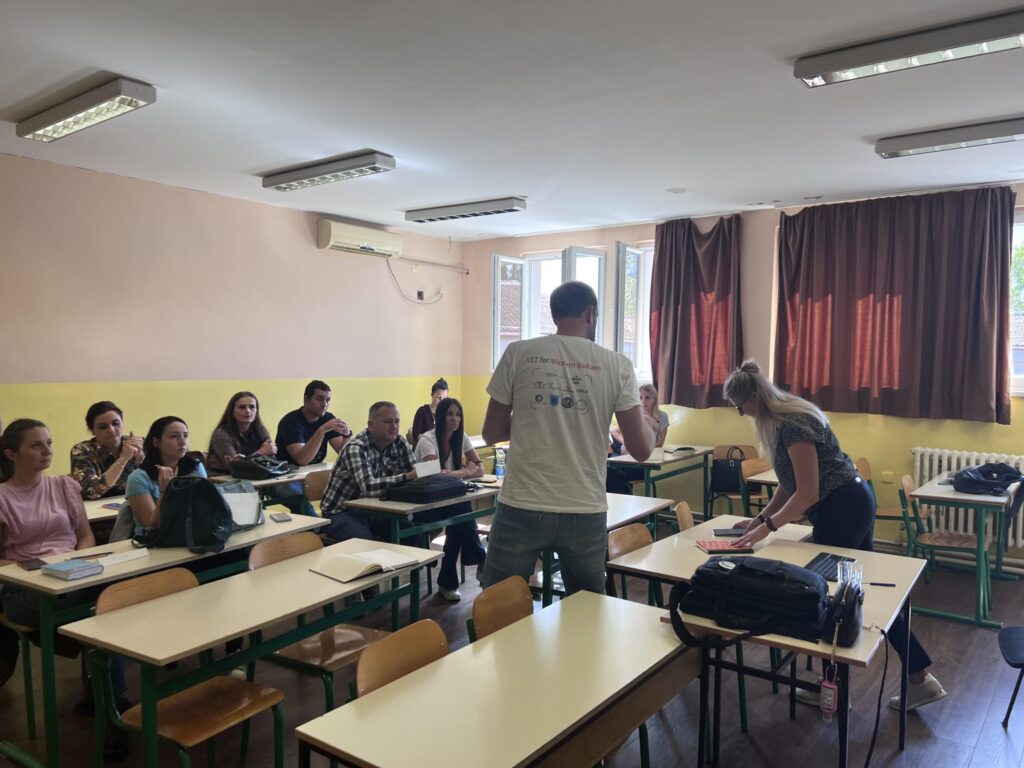

The last day we had an interesting conversation with the director of the school. During our first days of the visit the director Ersan Spahić was not at school, but Danka and Marina thought it was important that we talk to the director so they arranged a meeting at the last day, shortly before we went back home. This strongly showed that the director is open to innovation and to change. He appreciates the openness and drive of Marina and Danka and he is also really willing to look together at what he can do about this. In addition, we have given concrete advice to really talk to students and listen to what they have to say about education.
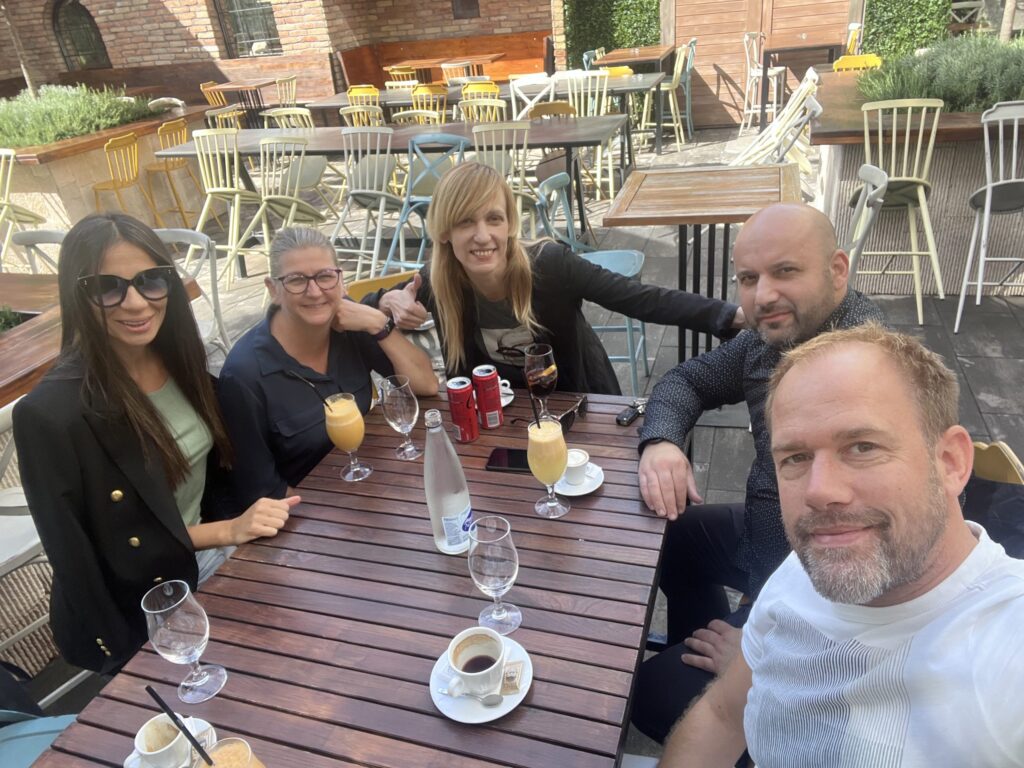

Stay tuned for updates on the following steps of the project.


Lets VET together May 28, 2024| Podgorica, Montenegro The “Let’s VET Together” Conference was held on May 28, 2024, at the Hilton Hotel in Podgorica,
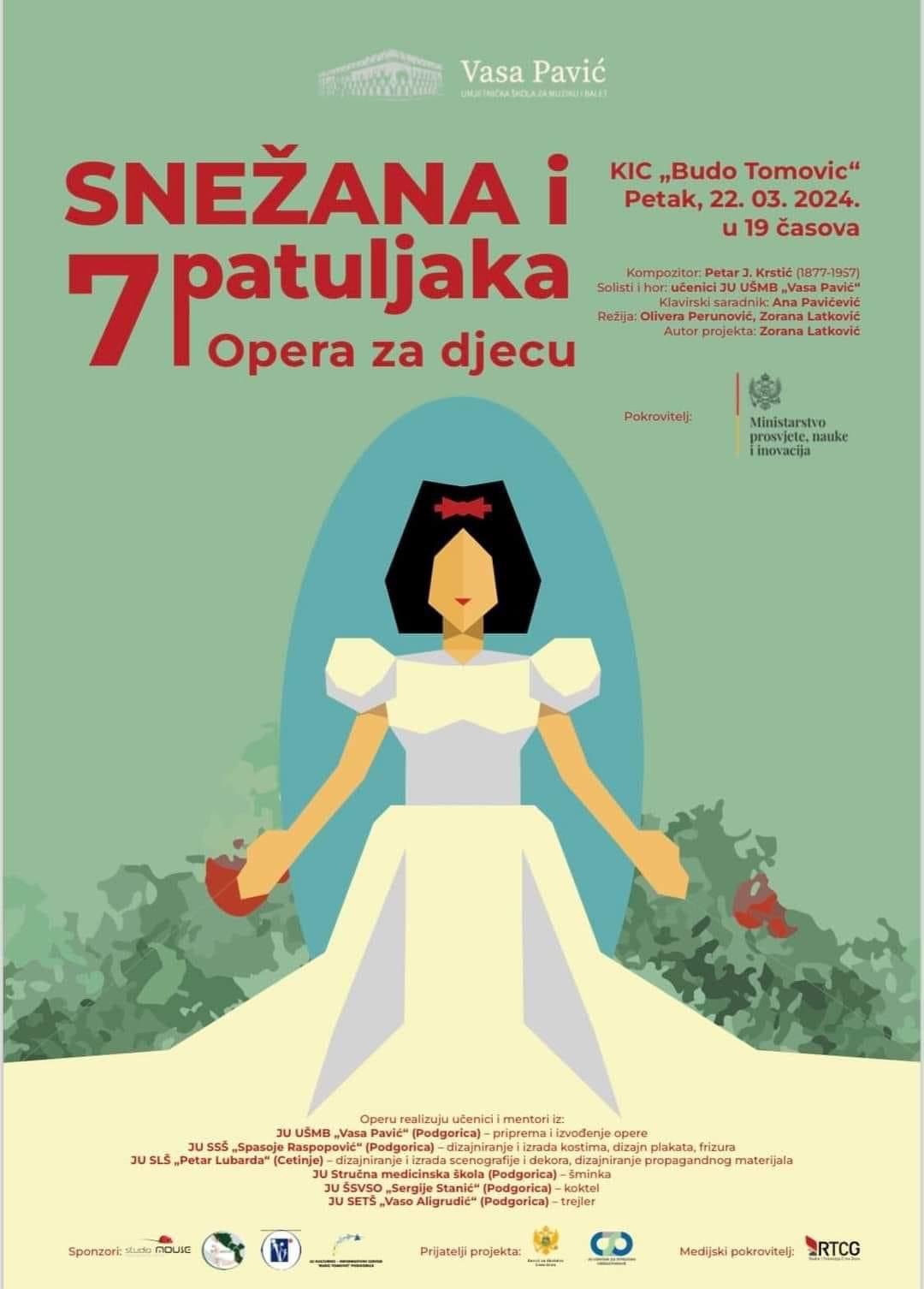

Opera for children “Snow White and the Seven Dwarfs” March 22, 2024| Podgorica, Montenegro The first opera for children “Snow White and the Seven Dwarfs”